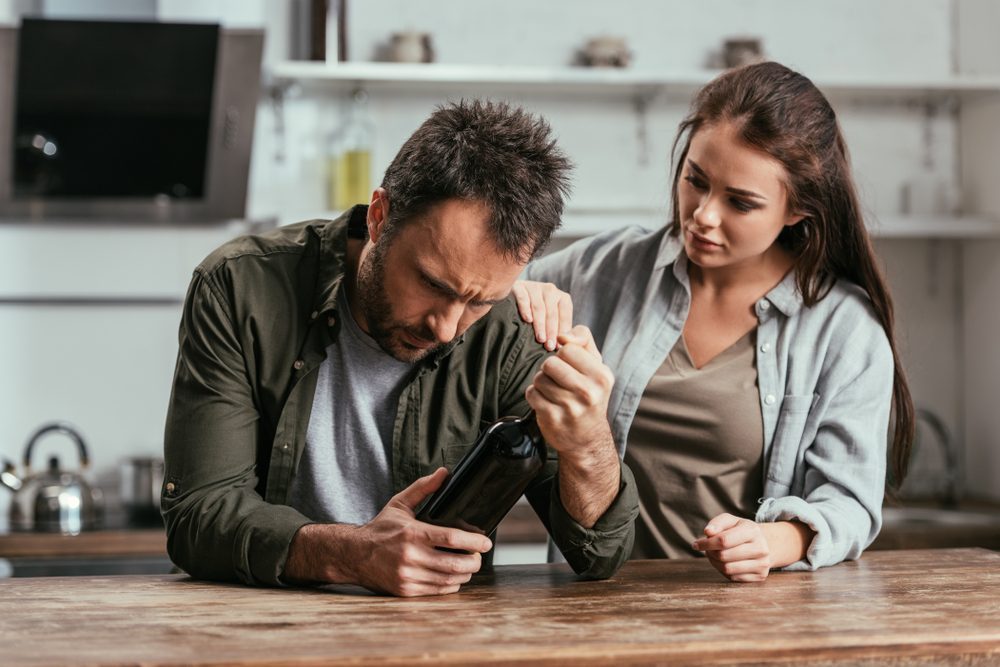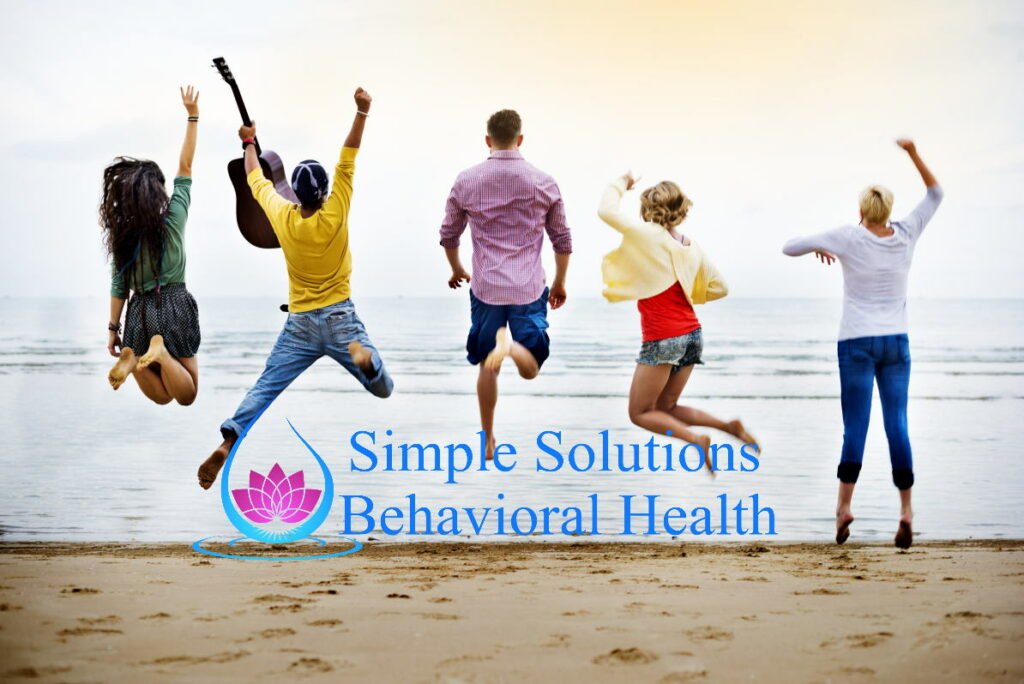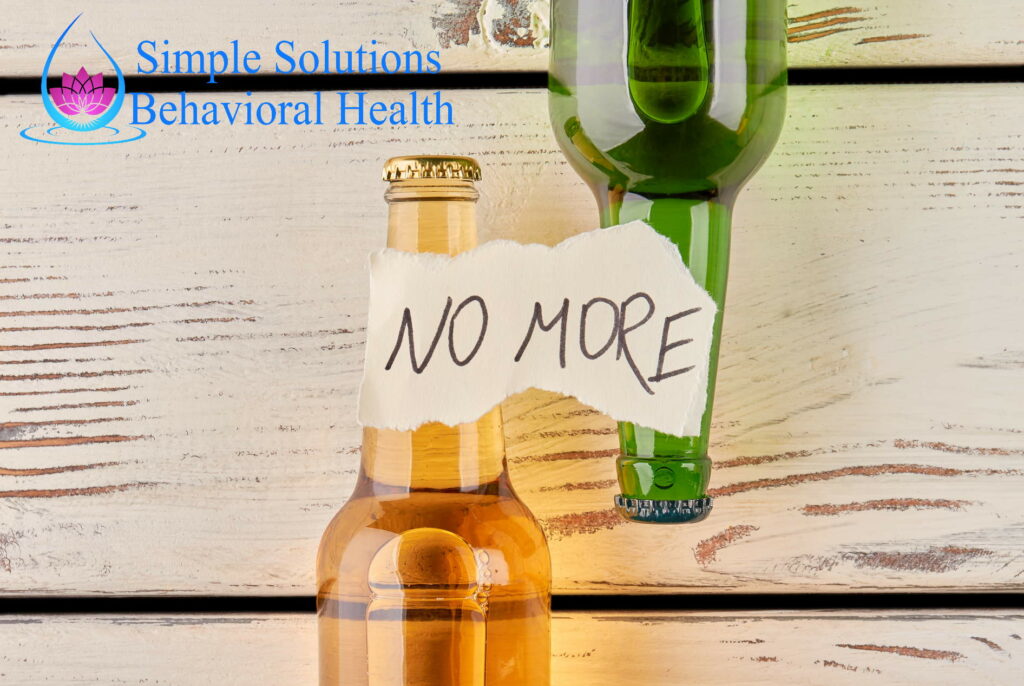Drug addiction is a complex condition affecting millions of individuals and their loved ones. When someone you care about is struggling with addiction, it can feel overwhelming and difficult to know how to help. Understanding addiction, learning effective communication techniques, and exploring treatment options can empower you to play a significant role in their journey.
Recovery is possible, and with the right approach, you can make a meaningful difference in helping your loved one reclaim their health and well-being. Below, we will provide helpful steps and strategies for supporting someone with drug addiction, from recognizing the signs to navigating the recovery process.
Understanding Addiction
Addiction is a chronic brain disorder characterized by compulsive drug seeking and use, despite harmful consequences. To effectively help someone with drug addiction, it’s essential to understand its nature and manifestations.
Signs and Symptoms of Drug Addiction
- Increased tolerance to the drug
- Withdrawal symptoms when not using
- Loss of control over drug use
- Neglecting responsibilities and relationships
- Continued use despite negative consequences
- Changes in appearance or behavior
- Financial difficulties
- Secretive behavior or lying about drug use
Types of Drug Addiction
- Opioid addiction (e.g., heroin, prescription painkillers)
- Stimulant addiction (e.g., cocaine, methamphetamine)
- Depressant addiction (e.g., alcohol, benzodiazepines)
- Hallucinogen addiction (e.g., LSD, MDMA)
- Cannabis addiction
Each type of addiction may present unique challenges and require specific approaches to treatment. Understanding the particular substance and its effects can help you better support your loved one and guide them toward appropriate care.
Initial Steps to Help
Recognizing the problem is the first crucial step for family members and close friends who want to help someone overcome drug addiction. Substance abuse often manifests through changes in behavior, appearance, and overall well-being. Trust your instincts if you suspect something is wrong, as addiction frequently co-occurs with mental health problems.
When you’re ready to address the issue, follow these guidelines:
- Choose an appropriate time and place for a private conversation
- Express your concerns calmly and without judgment
- Use “I” statements to share your observations and feelings
- Listen actively and empathetically to their responses
- Avoid criticizing, blaming, and lecturing
- Offer support and provide information about resources
- Emphasize that addiction is treatable and professional help is available
Be prepared for potential resistance, as many individuals struggling with addiction may not initially recognize or admit to the problem. The goal is to open a dialogue and create a supportive environment for them to seek help. Patience and persistence are key, as it may take multiple conversations before they’re ready to accept assistance.
Throughout this process, maintain discretion and respect their privacy. While it may be helpful to confide in a select few trusted family members or close friends for support, always prioritize their comfort and wishes regarding who knows about their situation.
Encouraging Professional Help
When helping someone with drug addiction, encouraging them to seek professional help is a critical step. Professional treatment offers the expertise and resources necessary for effective recovery.
Types of Treatment Options
Professional addiction treatment encompasses a range of options tailored to individual needs. These include:
- Detoxification: Medically supervised withdrawal from drugs
- Inpatient Rehabilitation: 24/7 care in a residential facility
- Outpatient Programs: Regular therapy sessions while living at home
- Sober Living Homes: Structured, drug-free living environments bridging inpatient treatment and independent living
- Medication-assisted Treatment (MAT): Combines medication with counseling
- Cognitive-behavioral Therapy (CBT): Addresses thought patterns and behaviors
- Peer Support Groups: Peer support and shared experiences
- Holistic Approaches: Incorporating nutrition, exercise, and mindfulness
Each option has its benefits, and the best choice depends on the individual’s specific situation, addiction severity, and personal preferences.
How to Find a Qualified Addiction Specialist
Finding the right addiction specialist or treatment program is crucial for successful recovery. It’s important to remember that addiction treatment is not one-size-fits-all—what works for one person may not be the best approach for another. Consider the following steps:
- Help them consult with their primary care physician for referrals, if requested
- Contact local mental health or addiction treatment centers
- Use online directories from reputable organizations (e.g., SAMHSA, ASAM)
When evaluating potential providers, it’s important to:
- Check credentials and licensing
- Consider specialists with experience in the specific type of addiction
- Look for programs that offer comprehensive treatments
- Investigate insurance coverage and payment options
Encourage them to participate in the selection process, as their engagement is vital for successful treatment. If they seem overwhelmed, reassure them that it’s okay to take breaks and proceed at a comfortable pace. Finding the right professional help can significantly improve the chances of long-term recovery and provide the necessary support for overcoming addiction.
Is your friend struggling with addiction feeling isolated or misunderstood? Our peer support services connect individuals in recovery with others who’ve faced similar challenges.
Supporting During Treatment
Supporting someone during their journey of overcoming drug addiction is necessary for their success. Your involvement can significantly impact their recovery process. Here are two key areas to focus on:
Family Therapy
Family therapy is an essential component of many treatment programs. It offers several benefits:
- Addresses family dynamics that may contribute to addiction
- Improves communication and conflict resolution skills
- Helps family members understand addiction and recovery
- Provides a safe space to express feelings and rebuild trust
- Teaches strategies for supporting the person in recovery
If they are open to family involvement in their treatment, participate with them in family therapy sessions and be open to changing your own behaviors and attitudes. However, always respect their boundaries and preferences regarding family participation. If they’re comfortable with this collaborative approach, it can strengthen your family’s role in the recovery process.
Communication Strategies
Effective communication is vital for supporting someone in treatment. Consider the following strategies:
- Practice active listening without interrupting
- Validate their feelings and experiences
- Avoid blame, criticism, or bringing up past mistakes
- Use positive reinforcement for progress and effort
- Be honest and direct, but always respectful
Additionally, it encourages open dialogue about challenges and successes. Set clear boundaries and expectations, and offer specific, practical support, such as transportation to appointments or help with daily tasks. Recovery is a process, and your consistent support can make a significant difference in your loved one’s journey.
Creating a Supportive Environment
A supportive environment is essential for someone recovering from drug addiction. It involves both removing triggers and promoting healthy habits. Here’s a list of strategies for creating a nurturing space for recovery:
- Remove Substances: Eliminate all drugs and alcohol from the home.
- Avoid Triggers: Identify and steer clear of people, places, and situations associated with drug use.
- Clear Paraphernalia: Remove any items that may trigger cravings or memories of drug use.
- Limit Triggering Media: Be mindful of TV shows, movies, or music that glorify substance use.
- Encourage Exercise: Support regular physical activity to improve mood and overall health.
- Promote Nutrition: Encourage a balanced, nutritious diet to aid in physical recovery.
- Establish Routines: Help create consistent sleep and daily schedules for stability.
- Encourage Hobbies: Promote engaging in creative pursuits or rediscovering old interests.
- Foster Healthy Relationships: Encourage building and maintaining supportive connections.
- Set Goals: Help establish and work towards personal, achievable objectives.
- Maintain Open Communication: Create an environment where feelings and challenges can be discussed freely.
- Offer Practical Support: Assist with transportation to appointments or help with daily tasks.
- Educate Yourself: Learn about addiction and recovery to better understand and support them.
- Practice Self-care: Take care of your own well-being as well.
Implementing these strategies fosters an environment that supports recovery and promotes overall well-being. However, it’s important to introduce these changes gradually. Add strategies a few at a time to avoid overwhelming them with too many changes at once.
A supportive home atmosphere significantly enhances the chances of successful recovery. Your efforts in maintaining this positive environment play an important role in their journey towards a healthier, substance-free life. Make sure to strike a balance and tread lightly—be supportive without being overbearing. Respect their autonomy and allow them space to navigate their recovery journey while knowing you’re there when needed.
Dealing with Setbacks
Setbacks are a common part of the recovery process. Recognizing the signs of potential relapse and knowing how to respond can make a significant difference.
Signs of Relapse
Relapse often begins before drug use resumes. Watch for these warning signs:
- Romanticizing past drug use
- Isolating from support systems
- Skipping recovery meetings or therapy sessions
- Sudden changes in mood or behavior
- Reconnecting with drug-using friends
- Neglecting self-care or responsibilities
- Increased stress or anxiety
- Loss of interest in recovery activities
How to Respond to a Relapse
If a relapse occurs, your response can greatly influence the outcome. Follow these steps:
- Stay calm and avoid judgment or blame
- Ensure their immediate safety
- Express your concern and offer support
- Gently encourage them to pause their substance use
- Discuss seeking immediate professional help or contacting their support system
- Revisit their treatment plan and consider adjustments
- Reinforce your support for their recovery
- Help them identify triggers and develop new coping strategies
- Encourage them to attend support meetings more frequently
It’s important to view relapse as a learning opportunity rather than a failure. With the right response, a setback can ultimately strengthen long-term recovery. Your continued support and understanding during these challenging times are invaluable to their ongoing recovery process.
Long-term Recovery Support
Long-term recovery support is essential for maintaining progress after initial treatment. Encourage them to build a strong support network and continue professional help.
Key components of long-term support include:
- Regular attendance at support group meetings
- Developing friendships with others in recovery
- Engaging with a sponsor or recovery coach
- Participating in sober social activities
- Continuing individual therapy or counseling
- Addressing co-occurring mental health issues
- Developing healthy coping strategies
- Setting and working toward personal goals
Help them focus on overall well-being, including physical health, nutrition, and stress management. Periodic check-ins with addiction specialists can address new challenges and adjust the recovery plan as needed.
Supporting Your Loved One’s Recovery Journey
At Simple Solutions Behavioral Health, we’re revolutionizing Intensive Outpatient Therapy in Central Kentucky and its surrounding counties. Based in Lexington, we offer safe, affordable housing and comprehensive support for individuals on the path to recovery from drug addiction. Our recovery houses provide a nurturing environment where residents can focus on healing and personal growth.
We offer a range of services tailored to individual needs:
- Relapse Prevention Program
- Recovery Education
- Self-Help Mentoring
- Certified Peer Support Specialists
- Intensive Outpatient Therapy
Our Relapse Prevention Program helps residents develop strategies for long-term sobriety. We address various addictions, from substance use disorders to behavioral dependencies, with our trauma-informed counselors providing personalized support.
At Simple Solutions Behavioral Health, we emphasize flexibility, open-mindedness, and compassion in our approach. We believe that no one should face addiction recovery alone. If you’re seeking support for a loved one struggling with addiction, contact us to learn how Simple Solutions Behavioral Health can assist in your family’s journey toward healing. For immediate help or guidance, you can also call the SAMHSA National Helpline at 1-800-662-HELP (4357).
Frequently Asked Questions
How can I help someone who doesn’t want help for their addiction?
You can’t force someone to seek help, but you can express your concerns and set clear boundaries. When they’re ready, offer support and information about treatment options. If the situation is severe, consider seeking guidance from a professional interventionist.
Is it okay to drink or use substances around someone in recovery?
It’s best to avoid using substances around someone in recovery, especially in the early stages. This can be triggering and make their recovery more challenging. Create a substance-free environment when spending time with them to show support for their journey.
How do I handle my own emotions while supporting someone with addiction?
Supporting someone with an addiction can be emotionally taxing. Seek your own support through therapy, support groups for families of addicts, or trusted friends. Practice self-care and set healthy boundaries to maintain your own well-being while supporting them.




